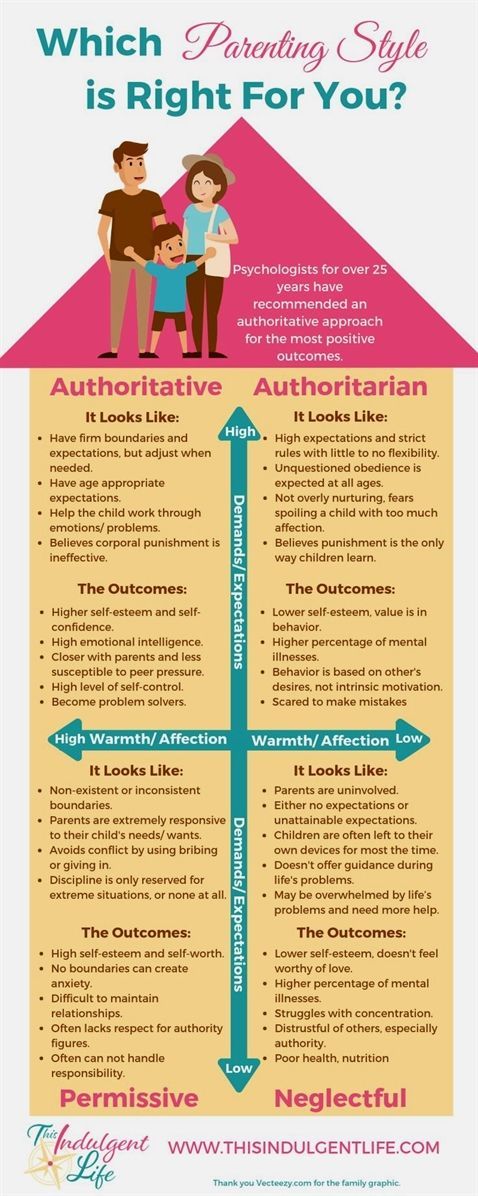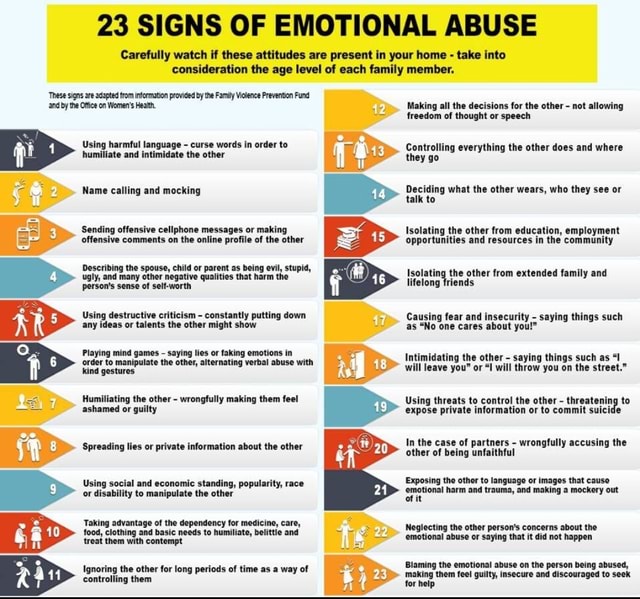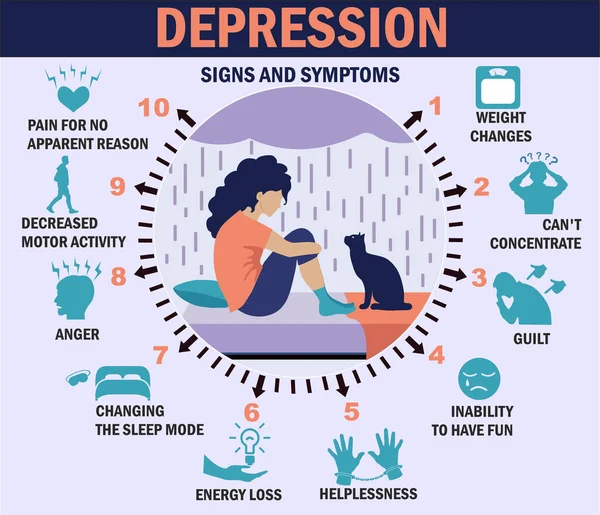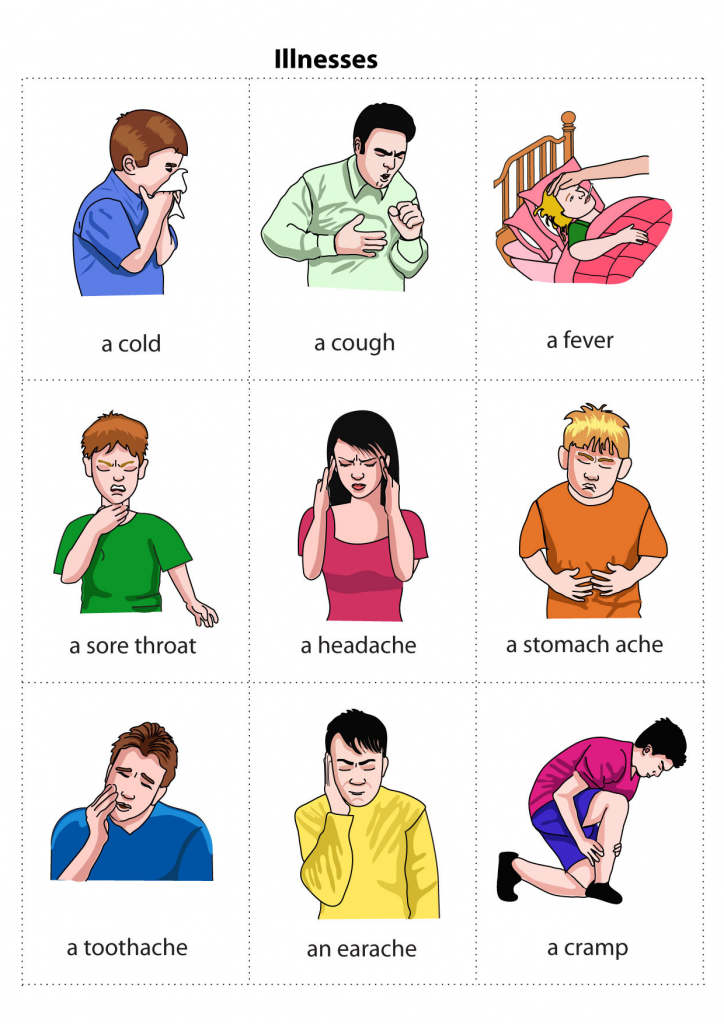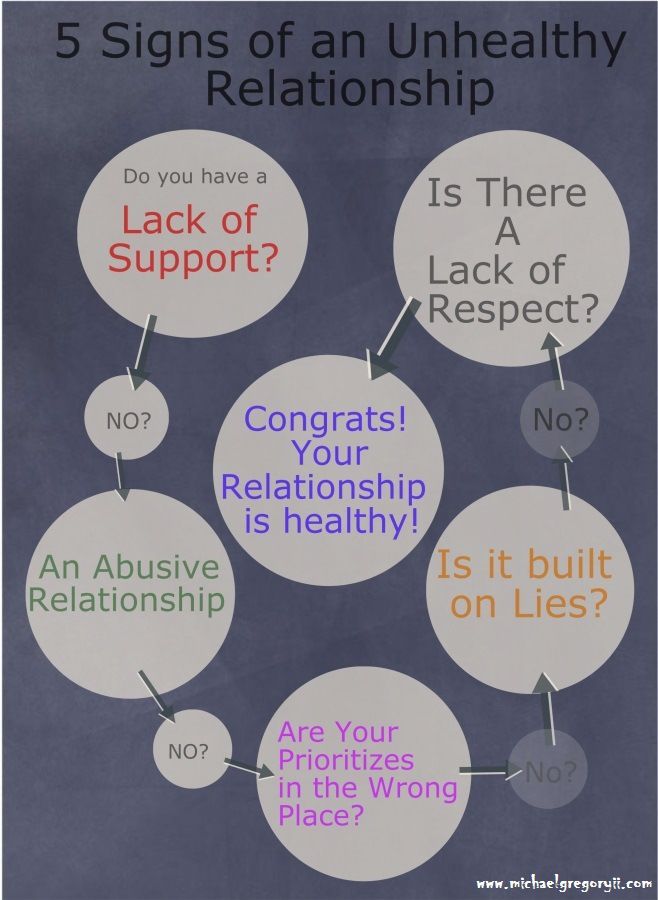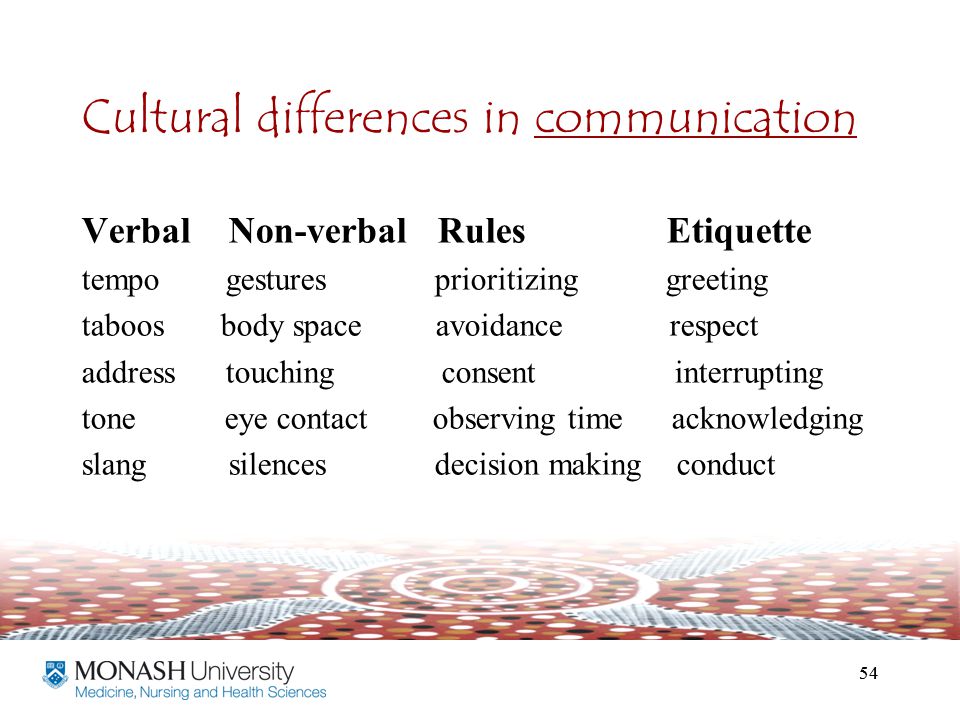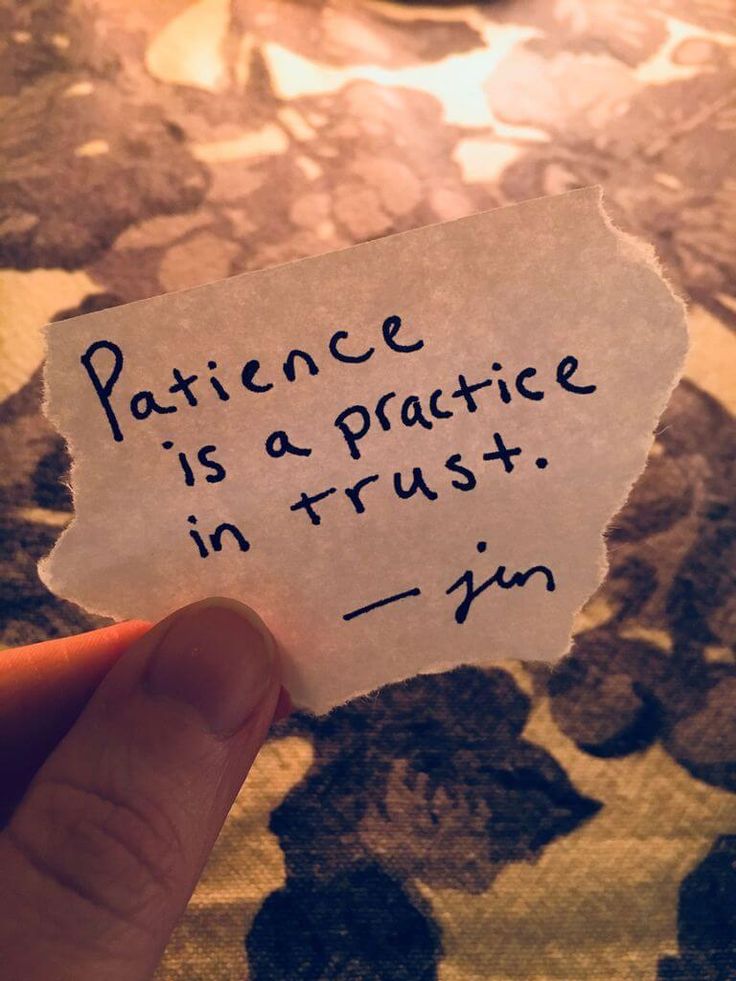Dealing with neglectful parents
How to Deal With Your Emotionally Neglectful Parents
Now that I see what my parents didn’t give me, how do I continue to interact with them?
Should I tell my parents how they failed me?
If I talk to my parents about CEN, won’t it make them feel bad?
How do I handle the pain that I feel now, as an adult, each time my parents treat me as if I don’t matter?
If you were raised by parents who were not tuned in enough to your emotional needs, you have probably experienced the results of this parental failure over and over throughout the years and into your adult life. Once you realize how deeply you have been affected by Childhood Emotional Neglect (CEN), it can become quite difficult to interact with the parents who neglected you.
One of the most frequent questions that I am asked by people who grew up with Childhood Emotional Neglect is, “Should I talk to my parents about CEN?”
It’s actually quite difficult to answer the questions above. Every single living human being had a childhood, and no two stories are the same. Indeed, the number of possible answers to the question is as infinite as the variety of different ways that CEN can happen. It can be extremely healing when an adult child and his or her parents are able to come to a mutual understanding of how an emotional failure happened and why, and how it affected everyone involved. This, however, can be a complicated business, difficult, and even risky.
It’s important to keep in mind that it is not at all necessary to include your parents in your recovery from CEN. As an adult, you can identify what you didn’t get, and you can give it to yourself. I have seen many people go through this process with great success without ever including their parents.
That said, you may certainly feel a wish or need to reach some understanding about CEN with your parents. If so, it is very understandable that you might feel this way. If you are wondering about whether to talk to them, one extremely important factor to consider is the type of CEN parents that you have.
The 3 Main Categories of CEN Parents
- Self-centered, Abusive, or Multiple-Failure Parents: These parents expect the child to fulfill their needs, rather than the other way around. They may not have treated you with the physical and emotional care and protection that a child needs from a parent.
- Struggling: These parents may mean well, but they are simply unaware of their child’s needs because they are struggling in their own lives. They may be struggling financially, emotionally, or with the caretaking of a sick family member or child, for example.
- WMBNT or Well-Meaning-But-Neglected-Themselves: These parents love their children and give them everything they can. But they are not able to give their child enough emotional responsiveness and validation because they didn’t receive it in their own childhoods. They may be simply “emotion blind.”
Parents who are in the last two categories, Struggling or WMBNT, stand a better chance of being able to get past their initial hurt, guilt, or defensiveness to have a fruitful talk with their adult children about CEN.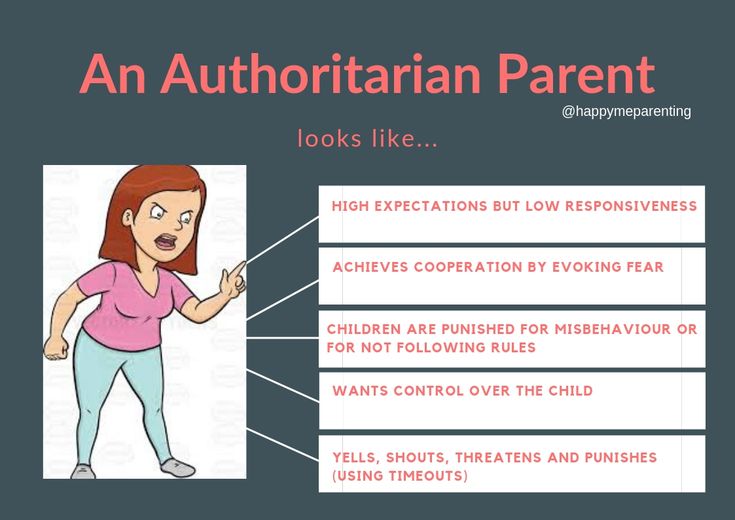 If your parents were in the Self-centered category, were abusive, or failed you in many other ways as well, see the section below called Self-Centered, Abusive, or Multiple-Failure Parents.
If your parents were in the Self-centered category, were abusive, or failed you in many other ways as well, see the section below called Self-Centered, Abusive, or Multiple-Failure Parents.
First, let’s look at some general suggestions to consider. Then we’ll talk about how to apply them to the different types of parents.
5 Ways to Talk With Your CEN Parents
- Ask your parents about their own childhoods – If you are unsure about why your parents were blind to your emotional needs, ask them some questions about their own parents and their own childhoods. You may be able to see whether and how your parents were failed by their parents. If you can see your own parents more clearly, you may be able to understand why they failed you. Whether you decide to talk to them about CEN or not, your understanding of how they got their emotional blind spots may help you feel less hurt when you are affected by them.
- Try to find compassion for your parents – Often, when you can see how your own parents were emotionally neglected, you can feel some compassion for what they didn’t get.
 This can help you to feel less angry and frustrated with them for failing you.
This can help you to feel less angry and frustrated with them for failing you. - Anticipate and prepare – Think about whether to tell your parents about your discovery of CEN. Might one parent be more able to understand it than the other? Will your parents collapse into a pool of guilt for having failed you? Will they be completely unable to grasp it? Will they get angry?
- If possible, take a chance – If you feel there is a potential for positive results and healing, I suggest that you take a chance and talk about it.
- Talk with compassion and anticipate how your parents might feel – Many parents may feel accused, defensive, hurt, or guilty when you try to talk to them about CEN. It is very important to anticipate this and prevent it. Here are some guidelines:
- Choose your moment wisely, with few distractions, when your parents are in a calm mood. Decide whether to talk with one parent first or both together.
- If at all possible, have this conversation in person.
 It can be difficult to see what your parents are feeling or to respond to them in a helpful way via phone or electronic communication.
It can be difficult to see what your parents are feeling or to respond to them in a helpful way via phone or electronic communication. - Tell them that this is a new discovery about yourself that you wish to share with them.
- Talk about CEN with compassion for them and how they were raised.
- Talk about how invisible and insidious it is, and how easy it is for loving, well-meaning parents to pass it down to their children.
- Tell them what you are doing to heal yourself.
- Be clear that this is not a matter of blame and not an accusation; you are talking with them about it only because you want to move forward and be closer to them.
- Offer to give them a copy of Running on Empty: Overcome Your Childhood Emotional Neglect so that they can read about it for themselves.
Self-Centered, Abusive, or Multiple Failure Parents
If you have parents who fall into one of these categories, then you are faced with a situation that is even more complex than those above. Unless your parents have changed and grown since your childhood, I am sorry to say that most likely they will not be able to grasp the CEN concept or to respond to you in any positive way.
Unless your parents have changed and grown since your childhood, I am sorry to say that most likely they will not be able to grasp the CEN concept or to respond to you in any positive way.
For you, I offer one guiding principle that may be difficult for you to accept. But I stand by it, after having treated scores of CEN people with parents like this. Here it is:
Make the decision about whether to talk to your parents about CEN based solely upon your own needs. If you think it may strengthen you or make you feel better to talk with them (even if it causes a rupture or distance between you), then do it. If not, then do not. You are not obligated to take your parent’s needs and preferences into account. On this, it’s all about you.
In other words, if you had an abusive or multiple-failure parent, you have carte blanche permission to do whatever you feel will benefit you in your life. You, your children, and your spouse come first. You do not need to protect your parents from the knowledge that they failed you.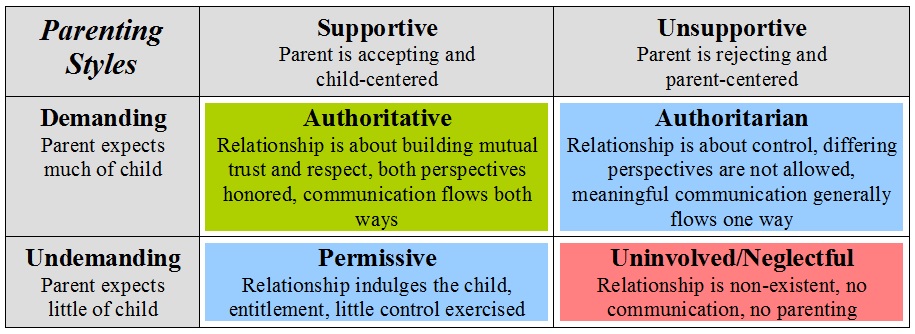
Parents who were abusive to you as a child, either verbally, emotionally, physically, or sexually, are also, by definition, emotionally neglectful. If they had been emotionally attuned to you enough, they would not have been able to treat you this way.
If your parents were/are abusive in any way, then it may be of more value to talk with them about the abuse than about the neglect since abuse is far more visible and tangible than CEN. Because CEN can be so imperceptible and hides beneath abuse, it will be very difficult and unlikely for abusive parents to ever grasp the concept.
Unless your parents have been to therapy, have confronted their own issues and abusive ways, and actively changed, (for example, an alcoholic or addicted parent who gets sober and goes to AA such that his/her personality becomes truly different) they will probably be no more able to hear you now than they could when you were a child.
So, ask yourself, “If I talk with my parents about CEN, what are the possible outcomes?” Will they tell you that you are too sensitive and that you are blowing things out of proportion? Will they blow up in anger? Will they likely say something abusive? Will they twist around what you are saying, and use it against you somehow?
If any of these are likely, I suggest that you put your energy toward healing yourself, and leave your parents out of it.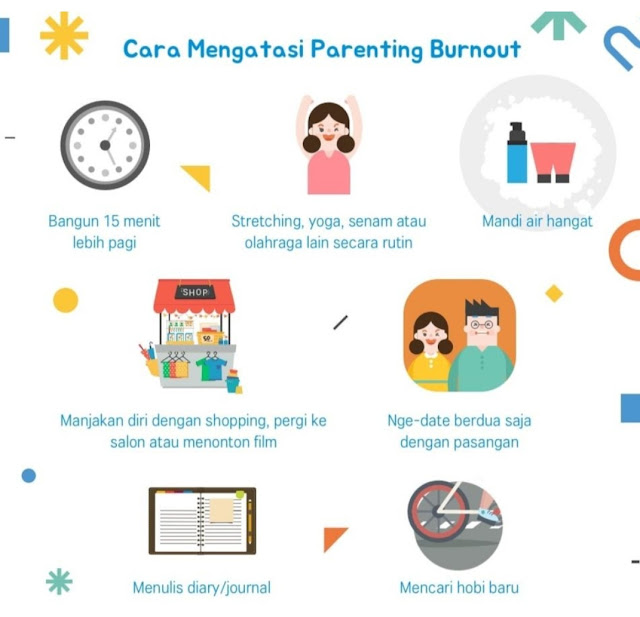 It is extremely important if you do decide to talk with them, that you do it with the understanding that you may need to protect yourself emotionally. It is vital that you be strong enough to not be emotionally damaged by their words or reactions. This is a tall order for anyone but is especially so when you were raised by self-centered or abusive parents.
It is extremely important if you do decide to talk with them, that you do it with the understanding that you may need to protect yourself emotionally. It is vital that you be strong enough to not be emotionally damaged by their words or reactions. This is a tall order for anyone but is especially so when you were raised by self-centered or abusive parents.
The Takeaway
It is certainly not necessary to talk to your parents about CEN. You can heal from it without ever doing so. Learning more about your parents’ childhoods and having compassion for them may help make their emotionally neglectful ways less painful to you now. However, sharing the concept of CEN with them can be helpful in some families, and may be a way for you to improve your relationship with them. Be sure to take into account the type of CEN parents that you have when making the decision to talk with them. Your path to healing is unique to you. There are no right or wrong answers.
If you decide to talk with your parents about CEN, follow the tips and guidelines above, and proceed with care. For much more information, details, and support for how to decide and how to protect yourself see the book Running On Empty No More: Transform Your Relationships With Your Partner, Your Parents & Your Children.
For much more information, details, and support for how to decide and how to protect yourself see the book Running On Empty No More: Transform Your Relationships With Your Partner, Your Parents & Your Children.
To find out whether you grew up with CEN Take the Emotional Neglect Test. It’s free.
Above all else, remember that your feelings are important and your needs are important. Yes, you matter.
How to Build Boundaries With Emotionally Neglectful Parents
Source: marjan4782/Adobe Stock Images
Having worked with hundreds of people who grew up with childhood emotional neglect, I have a unique window into how it plays out in people's adult lives and relationships.
If your parents were not able to form a deeply personal emotional connection with you in your childhood (emotional neglect), chances are high that they still are not able to now.
The sad reality is that growing up in an emotionally neglectful family with your feelings ignored or discounted, has profound effects on how you feel in your adult life, the choices you make, and your perceptions of yourself.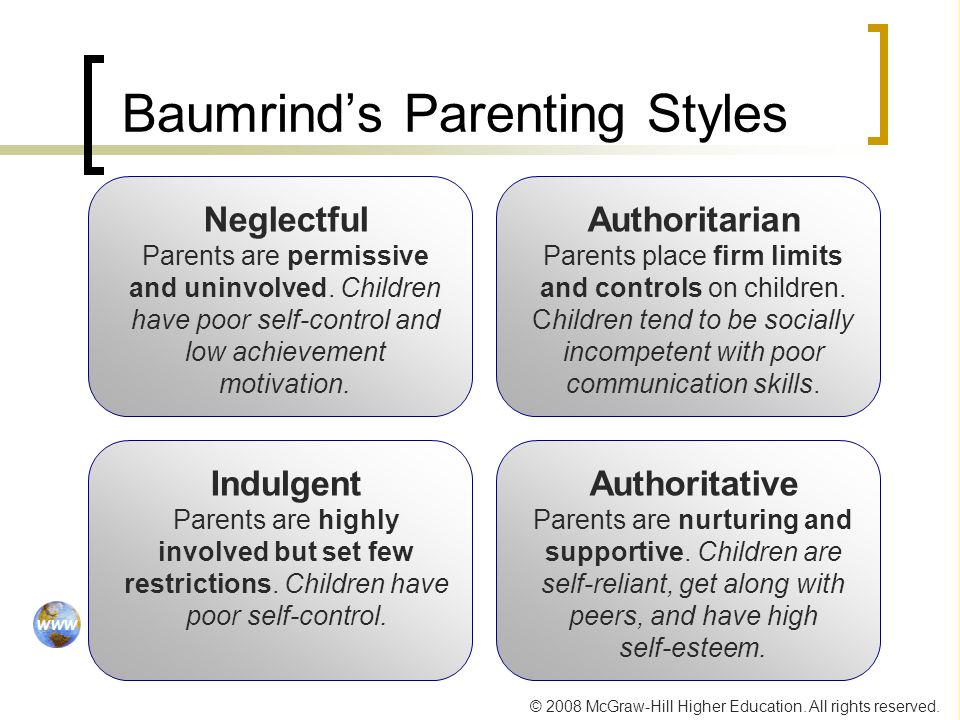
The emotional neglect you experienced as a child stays with you throughout the decades of your life. It hangs over your relationships, holding them back from developing the depth and resilience that you deserve to have.
But there is one relationship that is uniquely influenced by emotional neglect from childhood. It’s affected relentlessly, even if silently, from day one of your life. It’s your first and primary relationship, the one with your parents.
3 Common Challenges of Having Emotionally Neglectful Parents
- You have spent your life feeling emotionally let down by your parents. This makes it hard for you to have full trust and love for them. You may have always blamed your lack of positive feelings on yourself and/or felt guilty about it.
- Your parents are the ones who birthed and raised you, so they should be the ones who know you best. But since they have overlooked your emotions all this time, they have overlooked the deepest, most personal expression of who you are.
 So sadly, they may not actually know you in any kind of deep or meaningful way. This is painful.
So sadly, they may not actually know you in any kind of deep or meaningful way. This is painful. - Once you realize your parents emotionally neglected you, it can be hard to be around them. It’s like going to a well for water over and over again, only to find that it’s still dry. To cope with the letdown and disappointment, you may try to convince yourself that you don’t want or need their love or approval anymore.
“I’ve given up on my parents. They mean nothing to me now.”
“My parents are incapable of giving me anything. I’m done.”
“I simply don’t care anymore.”
Such pronouncements feel good while you are saying them, and they may be partially true. But our human brains are built to need and seek emotional connection from our parents. This requires you to actively take steps to cope and heal yourself.
3 Steps to Take in Your Relationship With Your Emotionally Neglectful Parents
- Stop viewing your emotional needs as a sign of weakness.
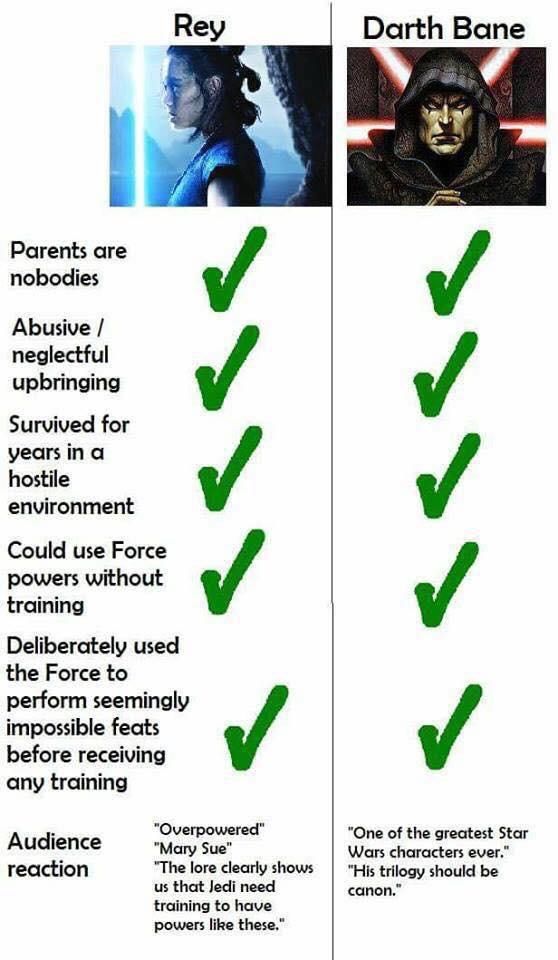 Your need for emotional connection and approval from your parents is a sign of only one thing: your humanity. It’s neither bad nor good; it’s built into your nervous system. It just is.
Your need for emotional connection and approval from your parents is a sign of only one thing: your humanity. It’s neither bad nor good; it’s built into your nervous system. It just is. - Accept that, no matter what you feel toward your parents, it’s okay. Since you can’t choose your feelings, you are not allowed to judge yourself for any feeling you have, no matter what it is. Acknowledge and accept your feelings as they are, because managing any feeling begins with accepting it.
- Shift into self-protection mode. No one wants to think that they need to protect themselves from their parents, but, in this case, it is necessary. Consider the type of parents you have. Do they seem to hurt you on purpose? Are they too absorbed in their own needs and pursuits to notice yours? Or are they simply unaware of feelings in general and are therefore incapable of noticing or responding to yours? Taking into account the type of parents you have will help you build boundaries to protect yourself.

How to Set Up Protective Boundaries
- Take control of the time you spend with your parents. You may need to alter your patterns of phone calls and visits, keeping them shorter or more structured. You may need to say “no” to some of their invitations, see them only on your own home turf, or meet in neutral territory. Start taking charge of the plans, and do so without guilt, since your first responsibility is to protect yourself.
- Create an internal boundary. Become much more mindful of what you expect from them or ask of them. Share less personal information with them as needed in order to make yourself less vulnerable. Lower your expectations for understanding and emotional support so that you will not set yourself up to be disappointed by what they are unable to give you.
- Consider talking with your parents about emotional neglect. Some parents, especially those who mean well but simply don’t understand emotions well enough to respond to you on a feeling level, will at least try to understand.
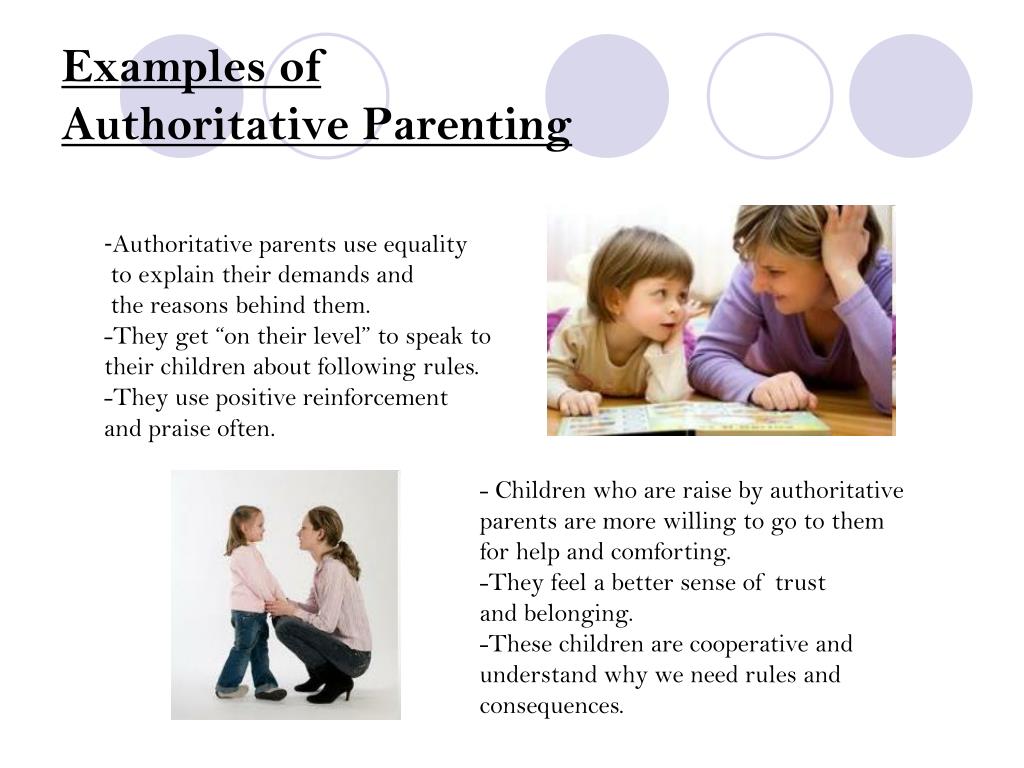
When you take your own needs and feelings seriously and begin to actively build your boundaries you have made a good start. Your first responsibility is to yourself.
It is your biological imperative to protect yourself. Yes, even if it is from your own parents.
© Jonice Webb, Ph.D.
A version of this post also appears on emotionalneglect.com.
Facebook image: fizkes/Shutterstock
8 Effective Techniques - I'm a Teacher
Relationships with parents are an integral part of a teacher's job. Most often, educators turn to parents when children have problems with learning and behavior. The natural reaction of a parent is to protect their child. If the teacher and parents cannot find a common language, this can lead to conflict. In such a situation, the student will suffer the most.
How can a teacher avoid conflict? Teacher and author Amanda Morin shared tips to help build relationships with students' parents.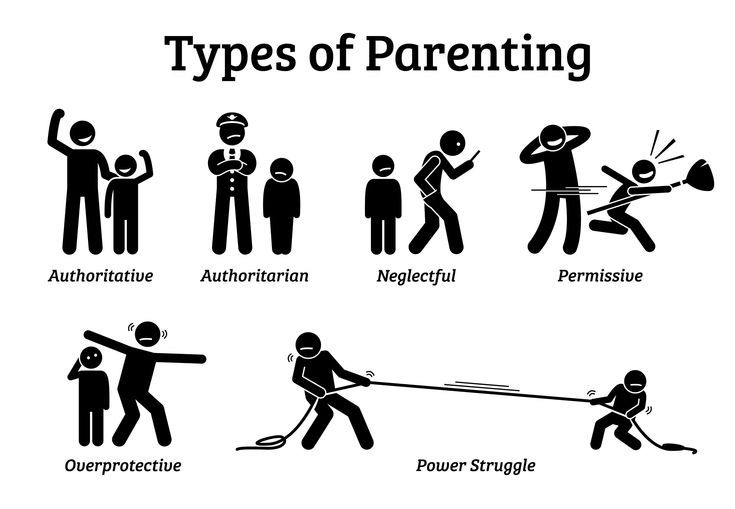 nine0003
nine0003
1. Imagine yourself in the place of your parents
Imagine how parents feel when they find out that their curly angel is fighting with classmates. Most likely, this is a storm of emotions: anger at the child, guilt for being a useless parent, fear of what will happen next.
If the child changed schools, it is likely that the parents had an unpleasant experience with teachers and administration there. It may happen that one of the parents himself was a difficult student, therefore he reacts painfully to the failures of the child. Remember this and it will become easier for you to find a common language with your parents. nine0003
2. Start with praise
When communicating with parents, start the conversation with pleasant moments. Any, even the most negligent, student has something to praise for. It might be something minor. For example, he always greets you when he enters the classroom. Or he shared a spare pen with a classmate.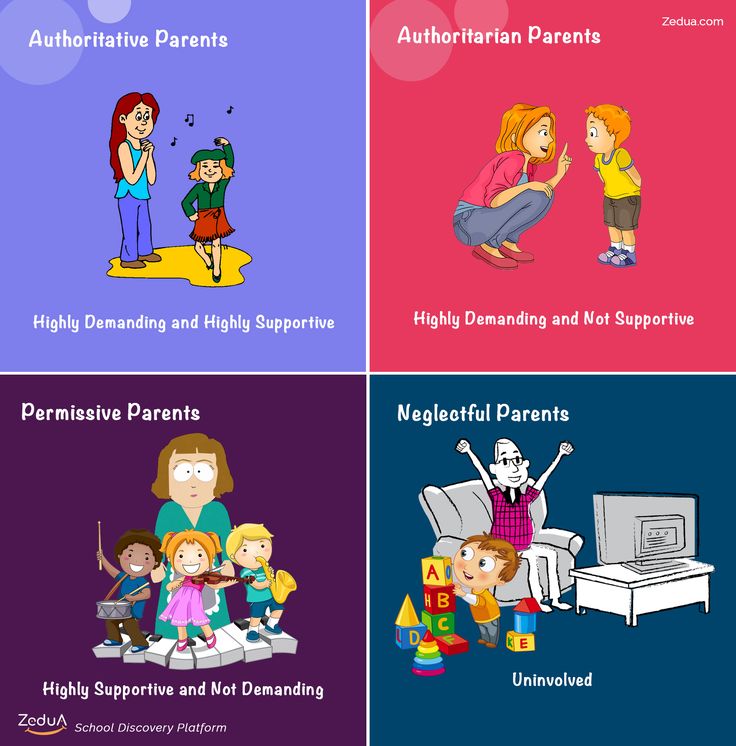 Or running fast in gym class.
Or running fast in gym class.
After positive news, gradually move on to difficulties. This will make it easier for parents to perceive negative information. nine0003
3. Choose a way to communicate
Not all parents like to discuss important issues over the phone. Some find it hard to take time off from work to meet you in person. Discuss ways to communicate that work for both you and your parents. If you have chosen appointments, set a suitable time. If chatting suits you, set boundaries for communication. For example, do not respond to messages after eight in the evening - this is your personal time. So communication with parents will not be a burden. nine0003
4. Prepare to speak
Think about what you want to say beforehand. If you want to discuss more than one topic, make a list of questions and prioritize them. Put preparation for exams at the beginning, and organization of the holiday at the end. The list will help you remember something important if you get distracted or your parents don't respond the way you expected.
5. Use the pronoun "I"
Start the conversation with "I noticed", "I'm worried", "I feel". This is the best way to share your thoughts with your parents and do so without them taking your words personally. nine0003
For example, instead of saying “Your child is the worst at homework,” say, “I noticed that your child has become worse at homework. It doesn't look like him. Do you know the reason for this behaviour? So you do not blame the parents for not coping with their duties, but express concern and a desire to find a solution to the problem through joint efforts.
6. Establish communication rules
Try to convince parents that communication should be two-way. Not only do you talk about the achievements and difficulties of the student, but parents share information. Both parties should not be afraid to express their opinion, because you have a common goal - the success of the child. nine0003
Agree in advance with your parents how your communication will go.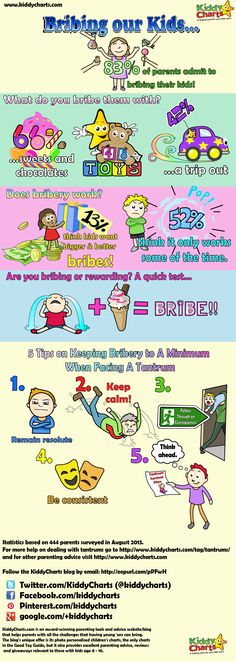 For example, suggest your own rules:
For example, suggest your own rules:
- do not be late, keep the allotted time for calls and meetings;
- while someone is talking, listen carefully and do not interrupt;
- thank each other and respect other people's opinions;
- come to a meeting in a good mood and with the right goals.
Ask parents what suggestions they have.
7. Be direct and open
Tell your parents directly what you want to talk about and what you expect from the meeting. If there is a problem, ask for help. If you share important information, make sure your parents understand you correctly. Express your opinion and ask your parents to do the same. For example, you decide to use a flipped classroom in your lessons and want to enlist their support. Ask if they are ready to help children and supervise the learning process at home at first.
8. Send email with results
If you have time, send your parents a chat or email after the meeting or phone call.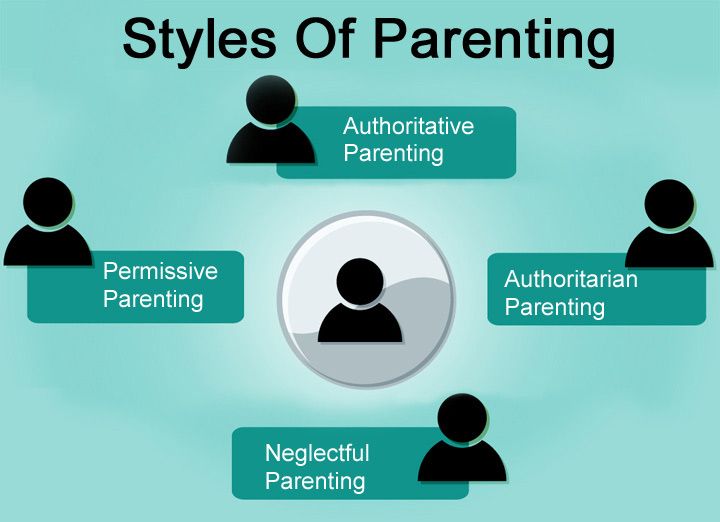 In the letter, thank the parents for their participation. Repeat important organizational information, such as exam dates or competition dates. Summarize the discussion. So parents will not forget anything and will be able to see the content of the conversation at any time. Your parents may want to ask you follow-up questions in a response letter.
In the letter, thank the parents for their participation. Repeat important organizational information, such as exam dates or competition dates. Summarize the discussion. So parents will not forget anything and will be able to see the content of the conversation at any time. Your parents may want to ask you follow-up questions in a response letter.
We talk about the signs of family trouble, working with negligent parents
In an indifferent interview with Tatiana Belevtsova, deputy director for educational work of secondary school No. 5, we talk about signs of family trouble, working with negligent parents and the influence of the family on the fate of the child.
School: to educate children and… their parents
Tatyana Viktorovna has been in her interesting but very responsible position for 8 years. Recalling the beginning of this path, he says that at times it was very difficult, a lot had to be studied, understood, and “shoveled” a mountain of documents.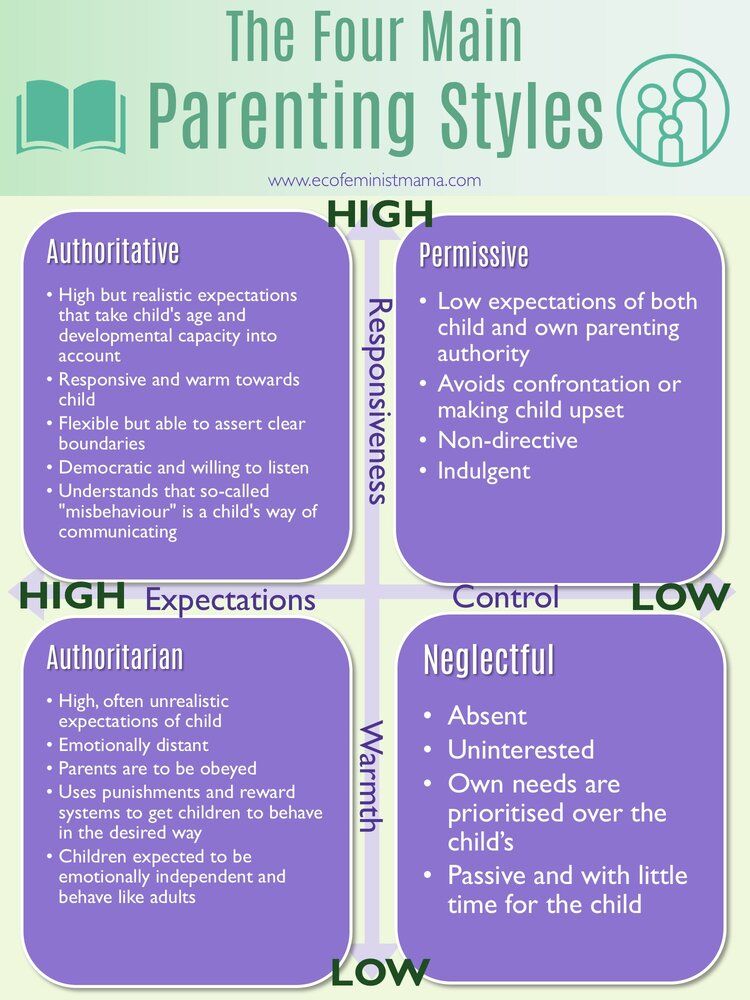 Keeping abreast of the family well-being of their students is a task with an asterisk. If information is received from the subjects of prevention or citizens that there are signs of trouble in a particular family, the school conducts a social investigation. It is carried out within the framework of interdepartmental interaction with other structures - with a site visit, a study of all the circumstances, and a set of preventive measures. And after the end of the social investigation, it is established whether there are criteria for a socially dangerous situation in the family or not. nine0003
Keeping abreast of the family well-being of their students is a task with an asterisk. If information is received from the subjects of prevention or citizens that there are signs of trouble in a particular family, the school conducts a social investigation. It is carried out within the framework of interdepartmental interaction with other structures - with a site visit, a study of all the circumstances, and a set of preventive measures. And after the end of the social investigation, it is established whether there are criteria for a socially dangerous situation in the family or not. nine0003
“The school always keeps close contact with parents and offers different options to change the situation,” says Tatyana Belevtsova. – If the problem is alcohol abuse, we suggest consulting a narcologist, if there is unsanitary conditions at home, we recommend eliminating it, if there are problems with communication and mutual understanding in the family, we advise you to contact a psychologist.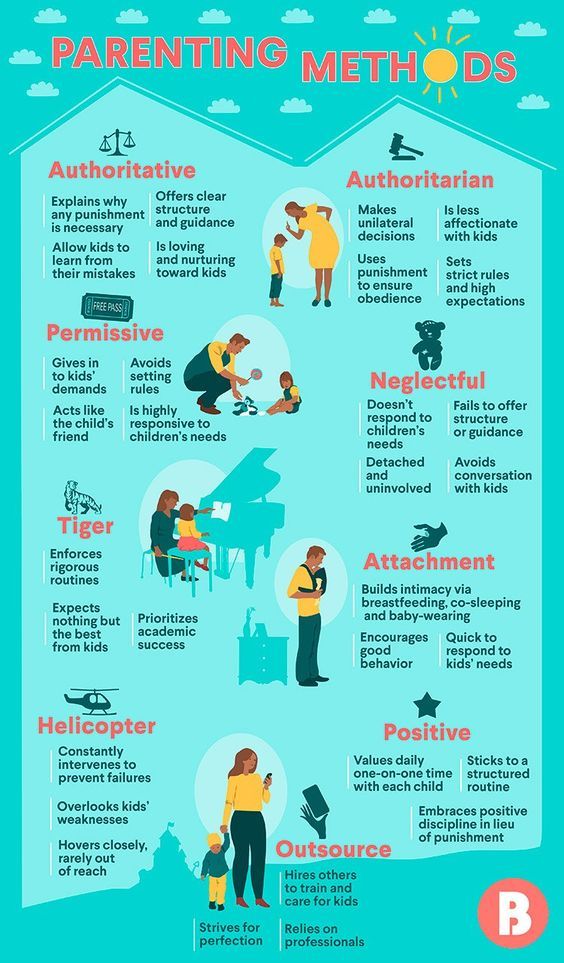
Preventive measures are applied to parents who do not heed the recommendations of specialists. nine0003
Who is the SOP for?
The recognition of children as being in a socially dangerous situation is, first of all, a form of assistance to parents, a measure of influence on them in order to eliminate the trouble. The main thing is to change for the better the environment in which the child grows up. If parents do not hear and do nothing to correct them, their children may be taken away from them.
And then, it seems to me, the resentment hidden inside remains with the children for life. Resentment that he does not have an ordinary family, but with some shortcomings, and his parents are not as decent as others. Psychologically, this is difficult for the child, and he becomes different. nine0003
Everything is in your own hands
What is the fate of such children? We see that it happens in different ways - safely and vice versa. For example, one mother in childhood herself was in a shelter, was brought up in a foster family, and as an adult, she created her own family. Beloved person, three children, an apartment, a job... But quarrels and scandals, alcohol appeared in family life, and everything ended in failure - her children were also taken away from her, her grandmother became a guardian...
Beloved person, three children, an apartment, a job... But quarrels and scandals, alcohol appeared in family life, and everything ended in failure - her children were also taken away from her, her grandmother became a guardian...
Children themselves often repeat the mistakes of their parents. But how fate will turn out depends on what the person himself wants from life and what he strives for. When the paths of parents and children diverge, most often their grandparents become the guardian angels of the latter, who do not let them get lost in life, care for them, control them, and help them get a profession. And it happens that such children remain with no one. Then the state takes care of them, orphans with living parents. nine0003
Similar or different?
“All happy families are alike, each unhappy family is unhappy in its own way,” wrote the classic. But basically the signs of trouble are identical.
- Most often, parents live the life they want for themselves, - says the interlocutor. - In the scale of values in the first place - alcohol, not children. Drinking alcohol in large quantities, a person loses himself. Alcohol is an addiction, it is a disease that leads negligent parents to a predictable ending and the creation of dysfunctional conditions for children. nine0105 A young family seems to live here. Children appear, worries, perhaps some financial difficulties and other troubles - and out of despair or some kind of indifference to life, an addiction to alcohol appears. As a result, the family is destroyed and the children suffer.
- In the scale of values in the first place - alcohol, not children. Drinking alcohol in large quantities, a person loses himself. Alcohol is an addiction, it is a disease that leads negligent parents to a predictable ending and the creation of dysfunctional conditions for children. nine0105 A young family seems to live here. Children appear, worries, perhaps some financial difficulties and other troubles - and out of despair or some kind of indifference to life, an addiction to alcohol appears. As a result, the family is destroyed and the children suffer.
Problem markers
Does the student show family problems? And what is a marker for educators to sound the alarm?
– The first sign that a child is brought up in a dysfunctional family is his appearance, – says Tatyana Belevtsova. Things are not always clean and tidy. The child does not always have the necessary supplies, it happens that the lessons are not completed, the child is predisposed to theft. This is the most common.